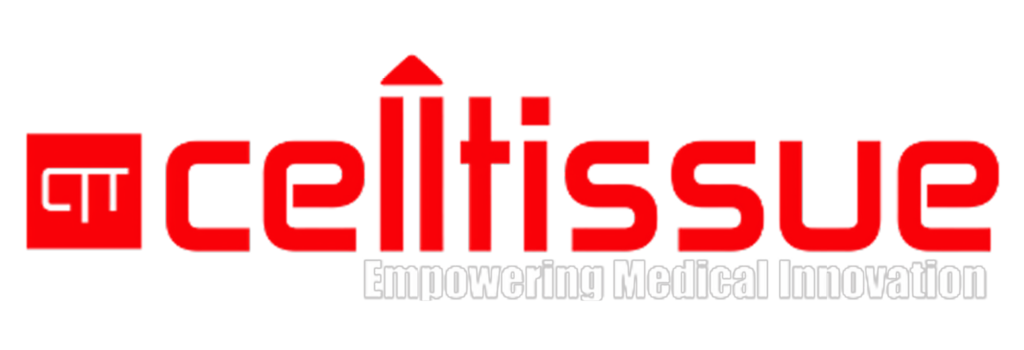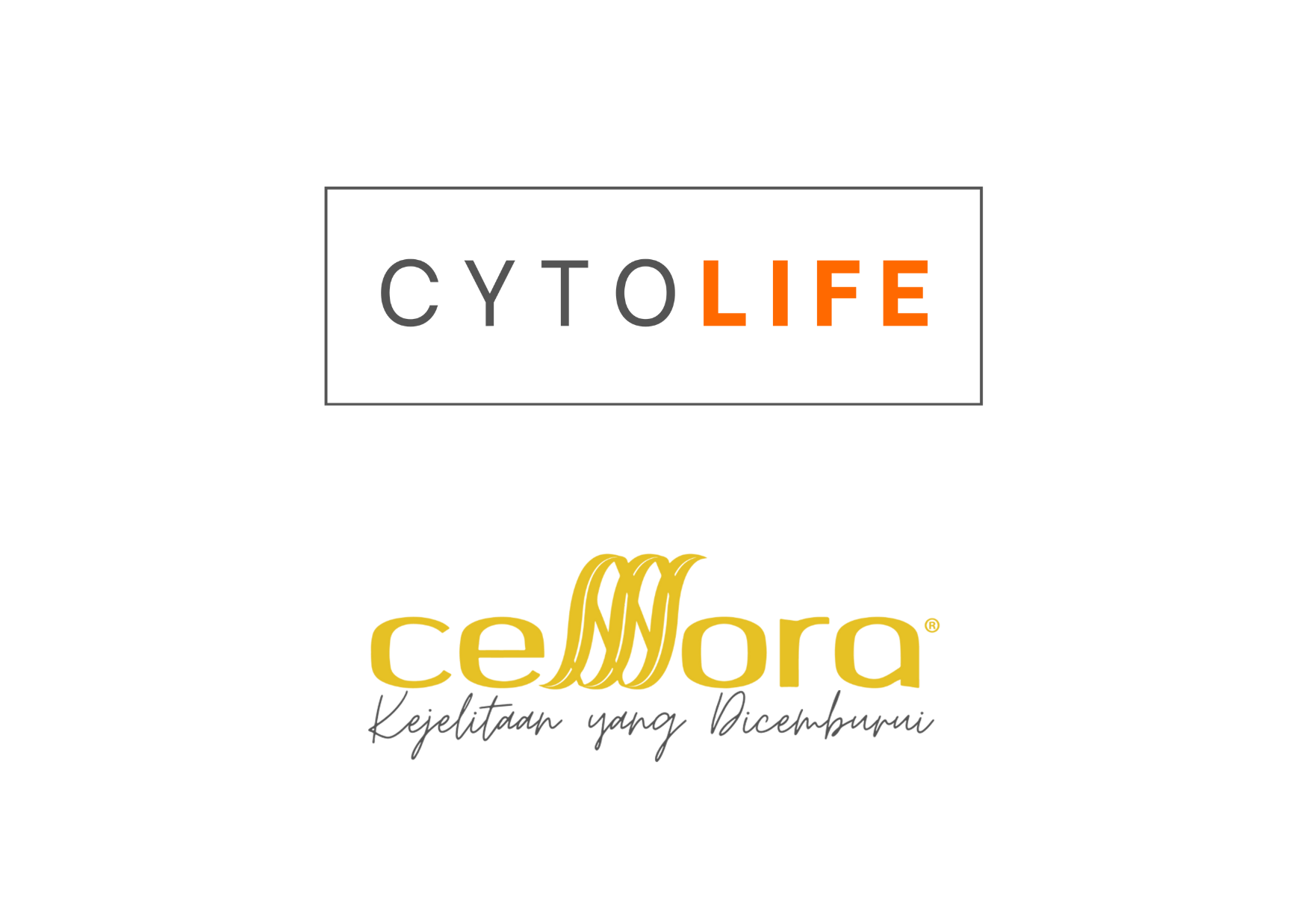- HOME
- ABOUT
- RESEARCH
- INSIGHTS & HAPPENINGS
- JOIN US
- CONTACT US
-

Renal failure refers to the kidneys’ inability to carry out their excretory duties, which causes the blood’s nitrogenous waste products to be retained.

Kidney failure, also known as renal failure, is a condition in which the kidneys are unable to perform their intended role of removing waste from the blood.
Renal failure that occurs suddenly is referred to as acute kidney failure. This usually occurs in patients who are already critically ill and develops swiftly over a few hours or days.
Chronic renal disease’s end stage is more common when kidney failure occurs. When around 90% of kidney function has been lost, this condition is referred to as “end-stage renal disease.”
Diabetes
A high blood glucose level, also known as sugar, harms the filters in your kidneys
High blood pressure
Kidney blood vessels can be damaged by high blood pressure, which could affect how well they function to eliminate waste and extra fluid from your body
Polycystic kidney disease
A disorder called polycystic kidney disease (PKD) is a genetic condition that develops cysts inside the kidneys
Lupus
An autoimmune condition called lupus has been linked to organ damage, joint pain, fever, and skin rashes
Renal failure can be treated with dialysis or a kidney transplant. Dialysis treatments or transplanted kidneys will partially replace the function of damaged kidneys by removing wastes and surplus fluid from the body. As a result, many of the symptoms will improve.
Peritoneal dialysis
This type of dialysis utilises your stomach lining to filter toxins and extra fluid from your body
Hemodialysis
A process to purge the blood of waste materials and extra water. A machine pushes the blood through a filter outside the body, cleaning it, and then pumping it back inside. Usually three times a week, this therapy can be received at home or in a facility
Kidney transplant
A surgical process in which the body receives an artificial kidney that is functional. The patient has a longer functional life as a result of this surgery. A difficult aspect of kidney transplants is finding a compatible kidney donor

Scitron is a Mesenchymal Stem Cells (MSCs), derived from human umbilical cords. Upon treatment, the cultured cells are injected intramuscularly/intravenously into the patient. The cells are characterized by low immunogenicity. Hence, it is very safe, tolerable and free of side effects.
Stem Cell Research

Different stem cell types can be formed from mesenchymal stem cells. By merging with the renal tubular cells, these cells can develop into mesangial cells. These cells help to revive kidney stem cells and promote renal cell survival by secreting growth factors to initiate the body’s natural healing process.
In order to encourage the healing of damaged kidney tissue and reduce levels of general inflammation, these stem cells will be injected into the body. Additionally, the use of stem cells in conjunction with organ transplants has already reduced the need for a lifetime of immunosuppressive medications.
If you feel we might be able to offer meaningful improvement to both your condition and your quality of life, then please reach out to schedule a free consultation with one of our in-house clinical experts. We offer consultations in both Malay and English.





Review your medical history & recent evaluations
Explore what your treatment package might look like
Answer any questions you have about us
Answer any questions you have about the therapies
Discuss practical next steps,
if you feel we can effectively treat you

Founded in 2010, Cell Tissue Group is a pioneering Malaysian medical technology company and a spin-off from the National University of Malaysia (UKM). As Malaysia’s first Tissue Engineering firm, Cell Tissue Group operates within a certified GMP Lab, ensuring the highest standards of medical research and product development, particularly in Tissue Engineering and Regenerative Medicine.



Founded in 2010, Cell Tissue Group is a pioneering Malaysian medical technology company and a spin-off from the National University of Malaysia (UKM). As Malaysia’s first Tissue Engineering firm, Cell Tissue Group operates within a certified cGMP laboratory, ensuring the highest standards of medical research and product development, particularly in Tissue Engineering and Regenerative Medicine.


Proudly powered by CTG © 2010-2026 Cell Tissue Group, a Universiti Kebangsaan Malaysia Spin-Off Company. – All Rights Reserved.